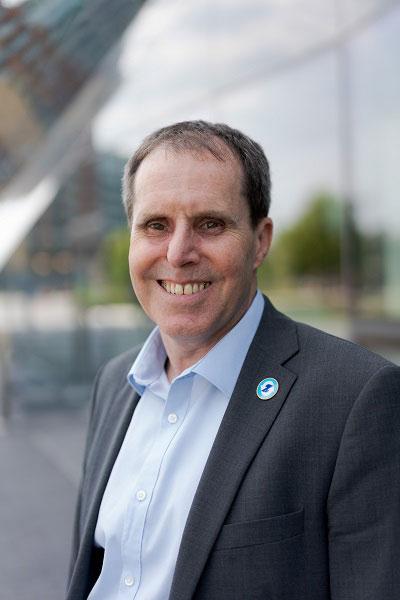Zemo Partnership's Andy Eastlake considers how much operational and behavioural innovation will play a part in the UK's decarbonisation target
The electric transition is well under way (for cars and – almost - vans, at least) and is obviously a key part of what we need to do to meet our ultimate 2050 target for decarbonisation.
Our role at Zemo has focused mainly on making sure the technologies we use emit the lowest quantities of greenhouse gases (and locally polluting emissions) as possible. Now, of course, it’s all about zero – at least at the tailpipe.
There are significant emissions associated, though, with making, marketing and distributing all the vehicles and their associated components (especially batteries) as well as with the energy infrastructure (of whatever type) we need to support them.
We’re going to need better, cleaner vehicle technologies and fuel/energy, of course, but we’re going to need to be smarter in other ways too; using fewer vehicles, more sharing where we can, more optimisation of ‘right vehicle for right application’…and in many other ways.
There are plenty of people suggesting this kind of thing and many initiatives, apps and projects to help make things happen. It’s not just coming from environment hard-liners either; the foreword (by Transport Secretary Grant Shapps) to last year’s seminal Transport Decarbonisation Plan says part of the solution is going to be ‘using cars less’; finding new ways of achieving the things we need to do.
The Plan says that the aim is to reduce urban road traffic overall, through improvements in public transport, active travel as well as ridesharing, higher car occupancy and changes in commuting, shopping and business travel. It says the aim is for ‘a reduction, or at least a stabilisation, in traffic more widely’.
As Government revenues from fuel and vehicle excise duties are falling and as the enabling, digital technologies improve in leaps and bounds, there are growing calls for the introduction of ‘smart road charging’ which could also help to provide economic incentives for the kinds of travel behaviour we need to encourage.
So, I think it’s clear that the future is not going to be about technical progress alone; it’s going to be at least as much about operational and behavioural innovation. What’s the best way to achieve our mobility needs or transport demands with the lowest overall footprint? Can we do what we need to do with fewer vehicles, used more intensively? Could we use different, smaller, lighter even actively-powered vehicles to achieve the same results? Could we do better at optimising our routes, sharing deliveries, multi-tasking? Do we even need to move ourselves (or our things) around as much?
There are other compelling reasons right now to be thinking about this process. Vehicle supply and critical component shortages/blockages and the eye-wateringly high fuel prices are surely good enough reasons on their own to encourage us to look for alternatives to the way and amount we travel at the same time as looking at the vehicle technology we use.
The Department for Transport has published a series of toolkits (primarily aimed a local authorities but with valuable information for others) to support innovative vehicle operators who are thinking along these lines.
The reference to Fun Boy Three’s hit song (with Bananarama) will certainly mark me down as of a certain vintage but it is indeed becoming increasingly obvious that while it’s definitely important ‘what you do’ it’s also ‘the way that you do it’ that gets results!






